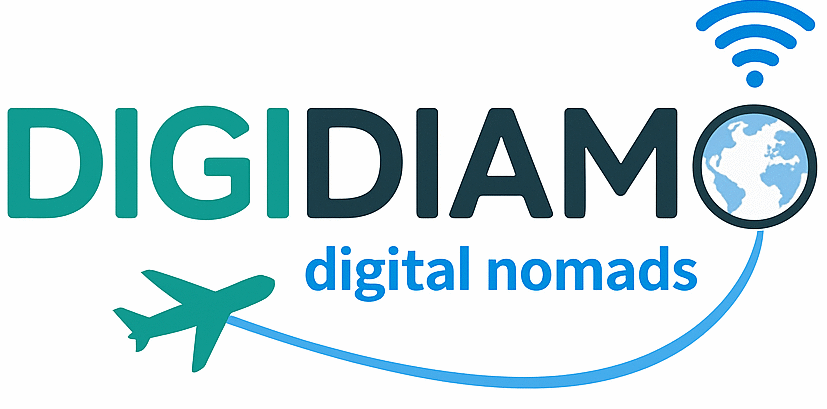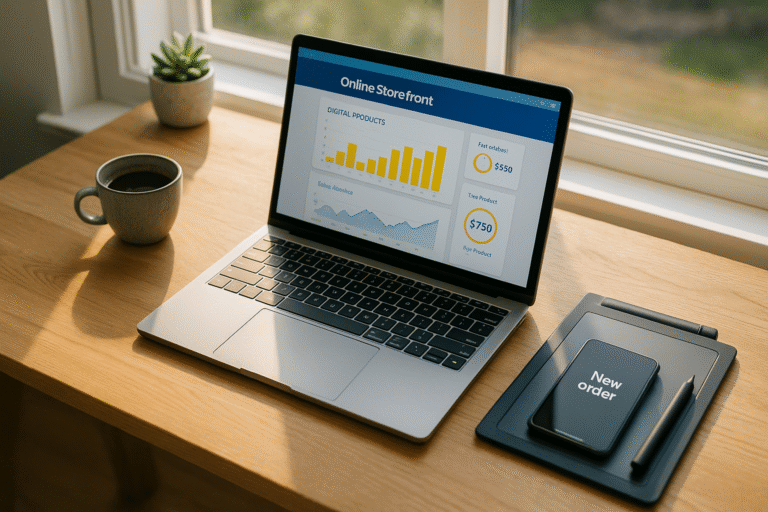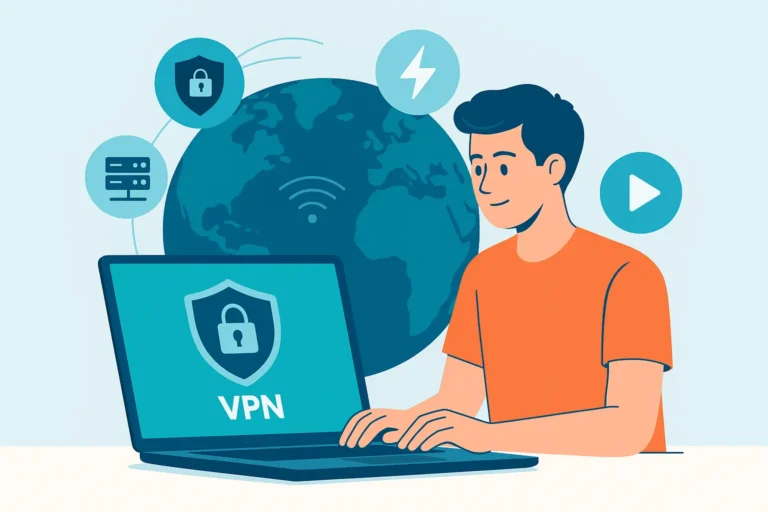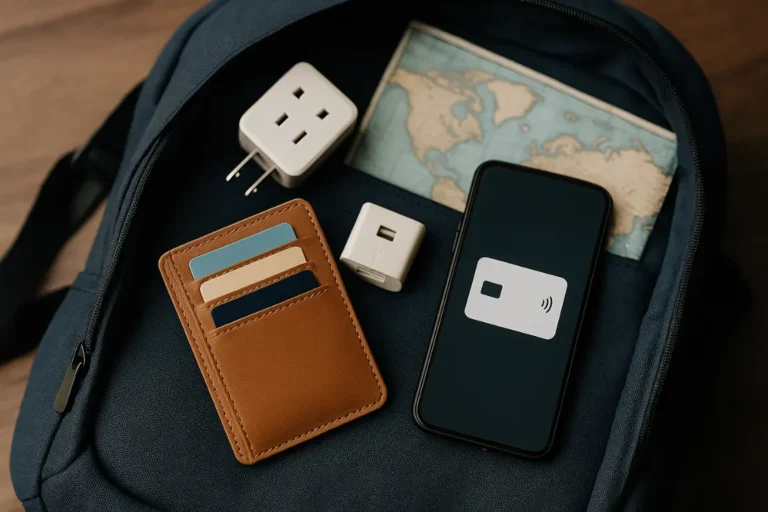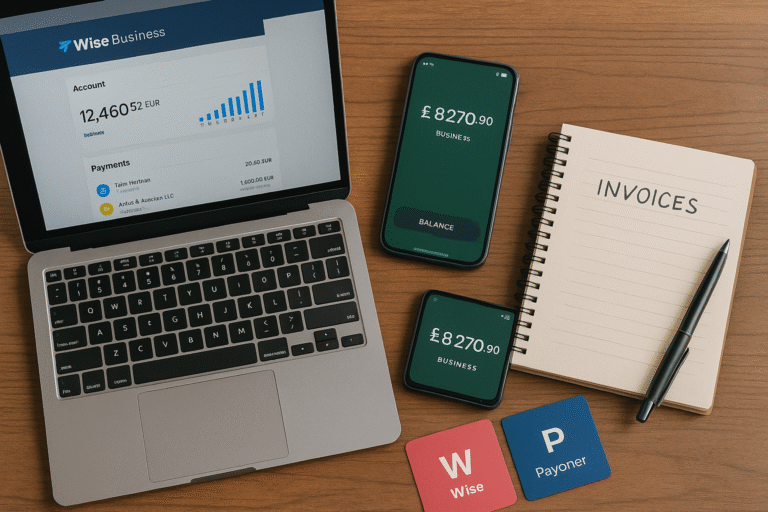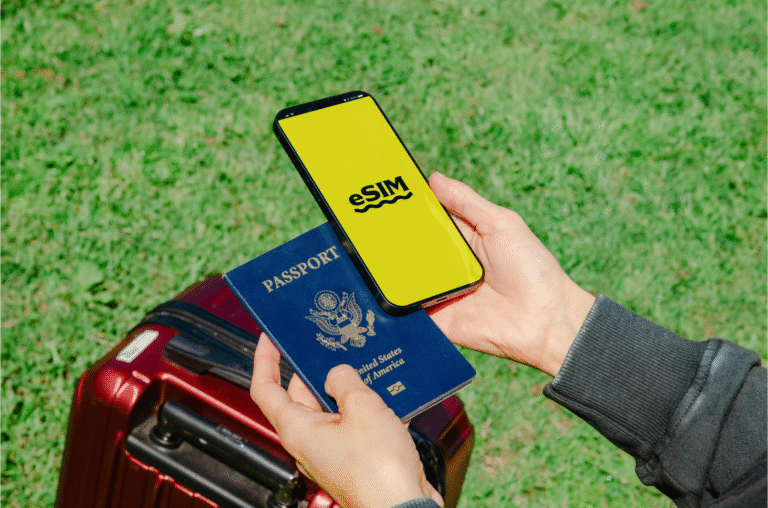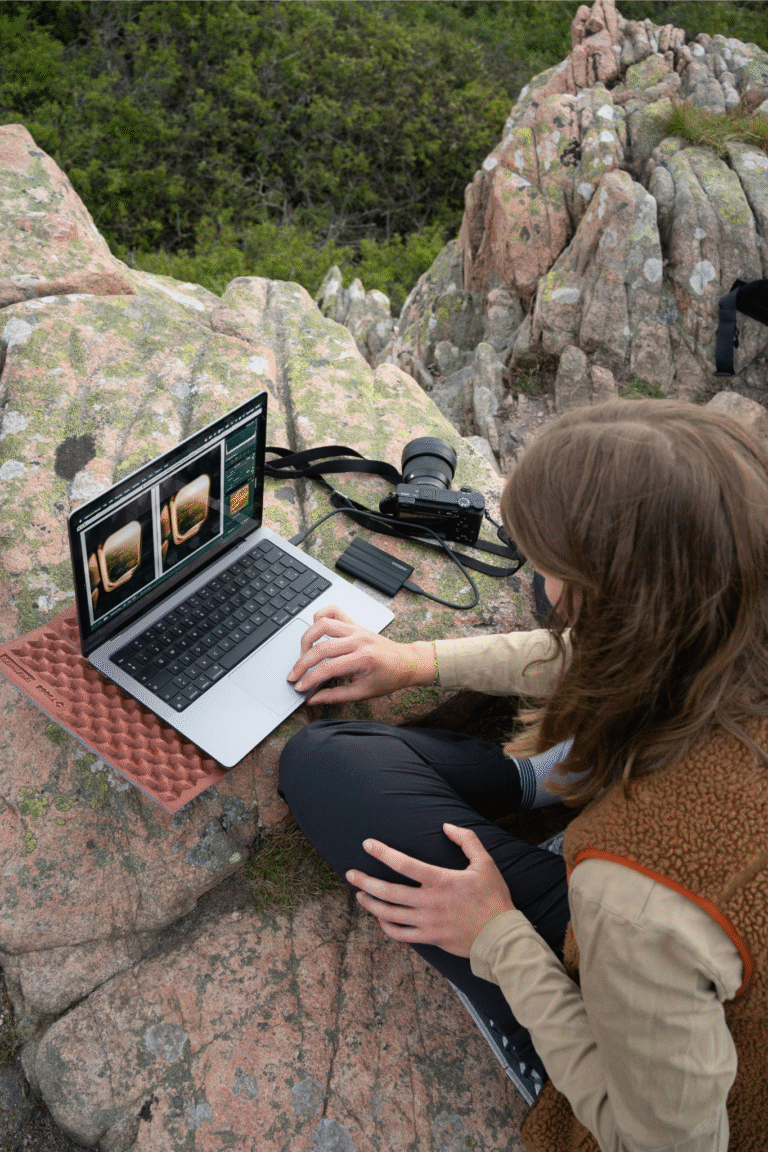VPN vs proxy vs smart DNS: what works best for digital nomads
When I started traveling as a digital nomad, I knew about VPNs but had only a vague idea of proxies and Smart DNS. In cafés or coworking spaces, I’d hear other nomads mention them when talking about streaming shows or bypassing restrictions. Over time, I tested all three. Each tool serves a purpose, but for people like us who work and live online while moving from place to place, the differences matter. Some give you security, others focus on speed, and a few are only useful in specific cases. If you want to understand the full role VPNs play in the nomad lifestyle, the complete guide on VPNs for digital nomads explores the essentials in detail.
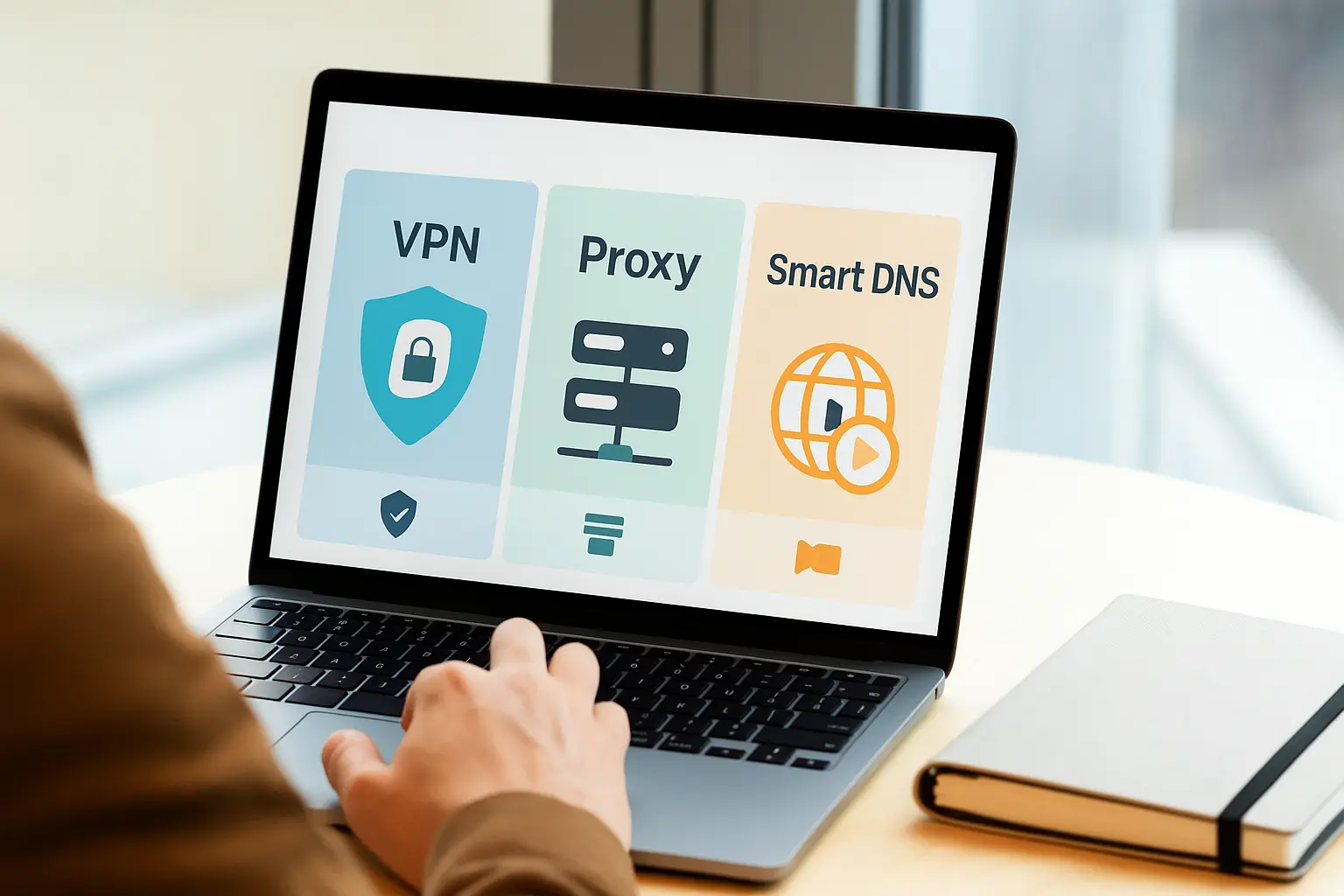
The basics of VPN, Proxy, and Smart DNS
It helps to start with a simple overview of what each tool does.
| Tool | What it does | Security | Speed | Best use case |
|---|---|---|---|---|
| VPN | Encrypts your traffic and hides your IP address by routing it through a secure server | Strong | Moderate (depends on server) | Privacy, security, unrestricted access |
| Proxy | Routes your traffic through another server but without encryption | Weak | Often faster than VPN | Hiding IP for light tasks, bypassing blocks |
| Smart DNS | Redirects only location-related data, without hiding IP or encrypting | None | Very fast | Streaming and accessing region-locked content |
At first glance they all look like ways to change your online location. The difference is in what happens behind the scenes and how safe you are when using them.
VPN: the all-rounder for nomads
A VPN, or Virtual Private Network, is the most complete tool. It creates a secure tunnel for your data, protecting it from hackers, providers, and even governments. This makes it especially valuable for digital nomads who rely on public Wi-Fi networks.
Why VPNs stand out:
- Security: Your data is encrypted, meaning even if someone captures it, they can’t read it.
- Privacy: Your real IP address is hidden, so websites and services can’t easily track you.
- Flexibility: You can access blocked sites, streaming platforms, and banking services.
Example from my travels: In Morocco, I often connected through a VPN when working in coworking spaces. Without it, my client files and emails would have been exposed to the same shared network used by dozens of strangers.
The drawback of VPNs is that encryption sometimes slows down connections. On strong networks, the difference is small, but on weak hotel Wi-Fi, you might notice reduced speed.
Proxy: the light option
Proxies are like intermediaries. They change your IP address by sending your request through another server before it reaches the site. Unlike VPNs, they don’t encrypt data.
Pros of proxies:
- Often faster than VPNs since they don’t use encryption
- Simple and sometimes free to set up
- Work well for bypassing simple region blocks
Cons of proxies:
- No protection on public Wi-Fi
- Websites can sometimes detect and block them
- Not suitable for banking or sensitive work
I once used a proxy server to quickly access a site blocked in a local café. It worked, but I would never trust it for logging into my bank or sending work documents. For nomads, proxies are only good for casual browsing where security isn’t critical.
Smart DNS: the streaming specialist
Smart DNS works differently. Instead of encrypting or routing all your traffic, it only changes the DNS requests that reveal your location. This tricks streaming services into thinking you are in a different region, while the rest of your traffic flows directly.
Advantages:
- Much faster than VPNs since there’s no encryption
- Excellent for streaming shows, sports, or movies
- Easy to configure on devices like smart TVs
Disadvantages:
- No encryption, so zero privacy protection
- Doesn’t hide your IP address
- Sometimes requires manual setup
I tried Smart DNS while staying in Turkey to watch French TV channels. It worked perfectly for streaming, but I had to switch back to a VPN when doing client work. Without encryption, Smart DNS leaves you exposed on open Wi-Fi.
Head-to-head comparison for nomads
| Feature | VPN | Proxy | Smart DNS |
|---|---|---|---|
| Data encryption | Yes (strong) | No | No |
| IP masking | Yes | Yes | No |
| Speed | Slower due to security | Faster, but unstable | Very fast |
| Streaming access | Yes (reliable) | Sometimes | Excellent |
| Online banking | Safe | Unsafe | Unsafe |
| Public Wi-Fi use | Safe | Unsafe | Unsafe |
| Ease of setup | Easy (apps) | Moderate | Moderate |
From this table, the choice is clear: for nomads who combine work, travel, and entertainment, VPNs offer the right balance. Proxies and Smart DNS are more like add-ons for specific tasks.
When to use each tool
- VPN: Always on when working, handling payments, or connecting to public Wi-Fi. Best overall tool for nomads.
- Proxy: Quick fixes for blocked websites when speed matters more than safety.
- Smart DNS: Perfect for streaming shows or sports from home, but not for sensitive tasks.
For example, during my time in Spain, I used a VPN daily for work and banking. In the evenings, I switched to Smart DNS on my smart TV to stream French football matches at full speed. Proxies, I rarely use anymore because VPNs cover most cases better.
Free vs paid options
- Free VPNs and proxies often come with risks like weak encryption, ads, or even selling your data.
- Paid VPNs remain affordable, often $3–$5 a month for long plans.
- Smart DNS services are usually sold as add-ons to VPN subscriptions.
Investing in a reliable provider is worth it for peace of mind, especially when your income depends on stable and secure online access.
Why VPNs remain the best for nomads
Proxies and Smart DNS can be handy, but they don’t solve the core challenges of working abroad. Digital nomads need privacy on shared networks, access to blocked services, and reliable performance across continents. VPNs combine all of this in one tool.
That doesn’t mean you must ignore proxies or Smart DNS. Think of them as side tools: useful for entertainment or bypassing restrictions, but not strong enough for daily nomad work.
Conclusion
Each tool VPN, Proxy, and Smart DNS has its place. But for digital nomads who juggle client projects, money transfers, and long hours online, VPNs remain the most dependable choice. They protect your data, give you access to content, and adapt to life on the road. Proxies may offer speed, and Smart DNS can make streaming smoother, but neither provides the complete safety a VPN does.
If you still have questions about using VPNs as a traveler, check the VPN questions digital nomads ask in 2025.
